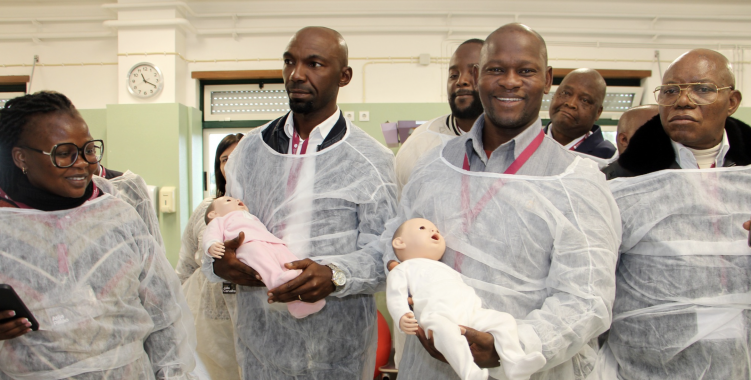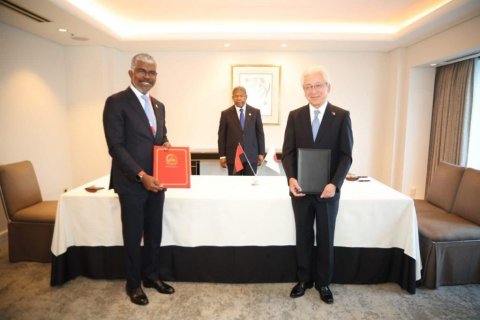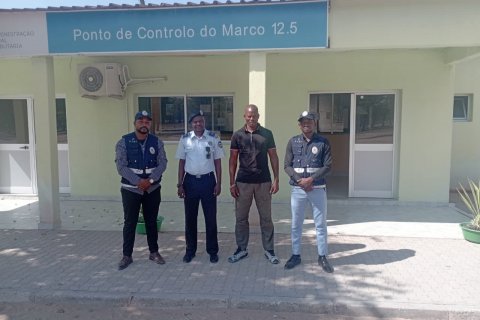Co-financed by the European Union with 800 thousand euros, through the Erasmus+ program, the project aims to “train educators and nursing students” from the two Portuguese-speaking African countries on “practices for controlling peripartum maternal infections”.
“In the latest figures from Angola, we have 460 maternal deaths per year for every 100,000 live births, while in Mozambique 506 women die for every 100,000 live births,” Professor Maria da Conceição Bento, coordinator of the project, told Lusa.
However, “these are the possible numbers” about the current reality of motherhood in these sub-Saharan African countries.
“We have to be concerned about maternal infections that occur during the peripartum period,” highlighted the professor and former director of ESEnfC.
The consortium “will intervene in the training of future nurses to better control peripartum maternal infections, one of the global health priorities with special relevance in sub-Saharan Africa, given the high incidence and mortality of women and newborns”, highlighted the ESEnfC in a statement sent to Lusa.
Until 2027, in addition to the host university of Coimbra, which will host the first face-to-face meeting until Friday, the project will also include the Universidad de Valladolid (Spain), the Instituto Superior Politécnico do Cuanza Sul and the Instituto Superior Politécnico Privado da Catepa, both in Angola, and the Universidade Lúrio and the Universidade Católica de Moçambique (UCM).
For Atija Pililão, who coordinates the initiative on Mozambique's side, “the issue of women's and children's health is still a major challenge for motherhood, during childbirth and postpartum”.
“With the work of the entire team, we can gradually control something that is worrying for us,” declared the UCM nursing professor.
In turn, Lourenço Lino Sousa, from Angola, highlighted to Lusa that “the work in progress exceeds expectations”.
“The project is very important for the teaching and learning process, in terms of program content, especially for the control and prevention of peripartum infections,” he said.
The professor at the Cuanza Sul Polytechnic Institute, also the project coordinator, highlighted the importance of “preparing professionals, analyzing study programs and identifying gaps”, contributing to “preventing peripartum infections and avoiding many deaths”.
In the statement, ESEnfC highlighted the need to achieve “peripartum maternal infection control practices that are both sustainable and innovative, contributing to safer motherhood”.
The partners aim to “improve the quality of higher education in sub-Saharan Africa, reinforcing the relevance of nurses trained in higher education institutions for the job market and society, increasing the level of skills, abilities and potential of both students and nursing educators,” said Maria da Conceição Bento, quoted in the note.
The researcher also revealed to Lusa that the promoters, at a later stage, plan to “disseminate the results of the project” in countries such as Guinea-Bissau, Cape Verde, São Tomé and Príncipe and East Timor.
It is expected that, over three years, the project will involve 950 students and 200 teachers, nurses and clinical nursing tutors.







